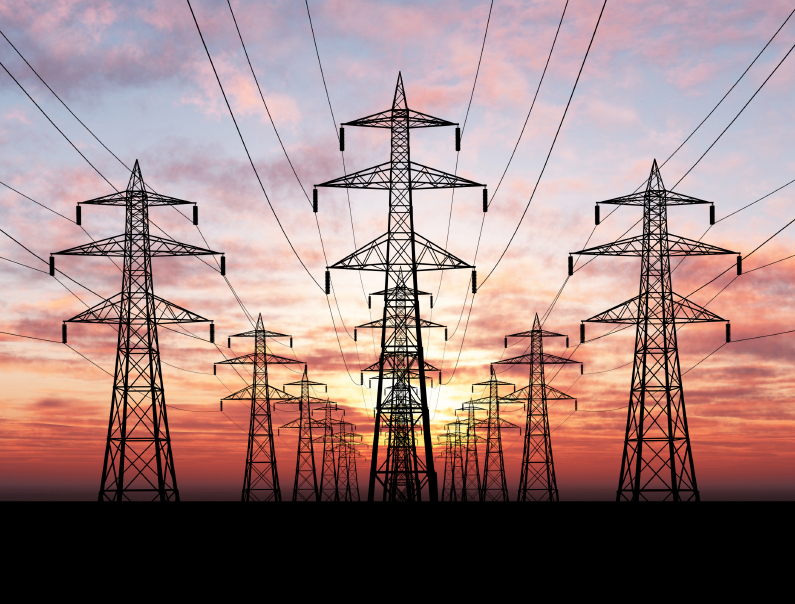Two perspectives on the role and importance of timing in electrical grid operations were on display in San Jose the week before last.
One presentation was at the NIST Assured Access to Accurate Time Workshop and was by the Electric Power Research Institute. It said that “GPS clocks are cyber assets… critical to the operation of the Bulk Electrical System.”
The other presentation was earlier in the week at WSTS. It was given by PNNL, a government lab, and indicated that timing was important, but if it went away, nothing really bad was likely to happen. The PNNL presentation did say that timing was becoming increasingly important and:
- Emerging measurement applications intended in increase reliability and enhance wide-area situational awareness could be impacted
- In the future, electric utilities will require significantly higher availability, integrity, and redundancy in timing
Also that “Control system applications that require wide-area time synchronization should consider the integrity and robustness of satellite-based timing signals in their design.”
So, should we be concerned about timing and our electrical grids?
The grid uses time a lot. Back in 2013 the MITRE Corporation identified ten different ways in which timing functions had been incorporated into its operation and management. It’s an easy bet that as grids have gotten more sophisticated that number hasn’t gone down and has probably gone up.
We once heard an explanation from an electrical power engineer that went something like ‘We can operate the grid without timing. We just can’t manage it.’
We think America should avoid having unmanageable power grids.


